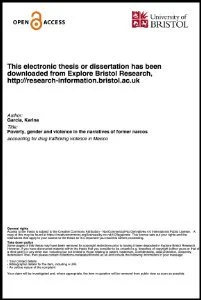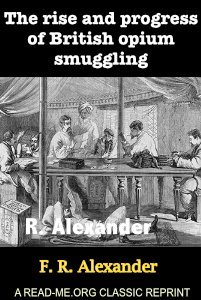By Thomas Grisaffi, Linda Farthing, Kathryn Ledebur, Maritza Paredes, Alvaro Pastor
Between 2006-2019, Bolivia emerged as a world leader in formulating a participatory, non-violent model to gradually limit coca production in a safe and sustainable manner while simultaneously offering farmers realistic economic alternatives to coca. Our study finds that not only has this model reduced violence, but it has effectively expanded social and civil rights in hitherto marginal regions. In contrast, Peru has continued to conceptualize ‘drugs’ as a crime and security issue. This has led to U.S.-financed forced crop eradication, putting the burden onto impoverished farmers, generating violence and instability. At the request of farmers, the Peruvian government has made a tentative move towards implementing one aspect of Bolivia’s community control in Peru. Could it work? We address this question by focusing on participatory development with a special emphasis on the role of local organizations and the relationship between growers and the state. Drawing on long-term ethnographic fieldwork, interviews, focus group discussions and secondary research, we find that for community control to have any chance of success in Peru, grassroots organizations must be strengthened and grower trust in the state created. The study also demonstrates that successful participatory development in drug crop regions is contingent on land titling and robust state investment, which strengthens farmer resolve to participate so as to avoid a return to the repression of the past.
World Development, 2021, 14p.




